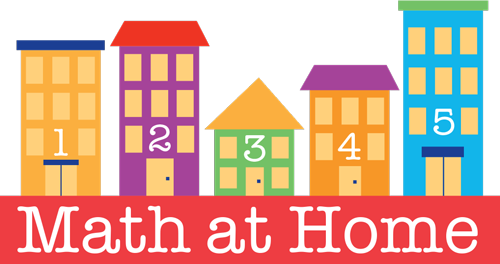Beatrix and a Case of the Opposites
I ran out to San Francisco this week to speak at the Professional Development Institute, one of the annual NAEYC conferences. Kathy, Cathy and I spoke (again) about the Math at Home project, which I will write about another day.
One of my best friends lives in SF now with her husband and 2 young children. Bea is now 4 1/2 (“almost 5,” as she likes to tell) and Theo is a delightful 2-year-old, both smart, funny, and just about as cute as can be. We decided to have a “girls night out” so I got to spend 24 hours with Bea and Alison, enjoying the sunny, warm and gorgeous Bay Area with 2 of my favorite girls.
After a fun-filled afternoon and dinner in a restaurant , I was wiped out. We all climbed into bed, told stories, sang songs and had a generally wonderful time. After about 15 minutes, I rolled over, closed my eyes, and began to drift off. Alison lay in bed chatting with Bea and after a few moments I realized they were playing a game about “opposites”. Alison asked questions like, “What is the opposite of short?” And Bea responded with “long” or “tall”. This went on for a really long time, but Alison never ran out of words to ask about and Bea never ran out of answers. The words ran the gamut from the obvious and mundane (i.e., new, young) to the much more complicated (i.e., funny, special). I found myself thinking about how I would answer these more complicated “opposite” questions… What is the opposite of funny or special? My first response is “unfunny” or “not special” but that is cheating.
This whole interaction got me thinking about how these parent/child moments are the stuff that early childhood is made of. It was clear that this game (it was a game because they made it a game – fun and interactive) was one that they had played before. Bea’s answers were amazing. Many of them were right on the mark and others were funny and creative. Alison never tired of playing, supporting Bea’s efforts with words of encouragement and follow-up, clarifying questions. The level of Bea’s vocabulary is a natural result of the level of conversation and interaction between her and the adults in her life. She has had the benefit of an excellent early childhood education in a diverse and inclusive environment that respects the world of children.
How can we as child care providers encourage parent-child exchanges like the one described above? Every time I think about trying to describe the importance of meaningful interactions to parents I worry that I am either; a) assuming -of course parents are developing creative and significant opportunities interacting with their children, or b) culturally insensitive – this is a very specific model of parenting that may not be appropriate to all parents.
What do you think?
